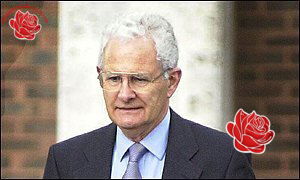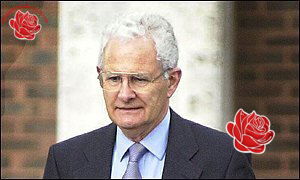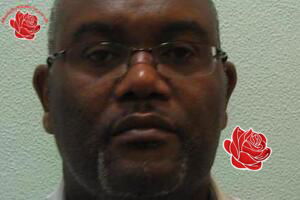Robin Peverett's Social Media Accounts
Know a Social Media Account Linked to Robin Peverett?
Want to add information? Log in to your account to contribute accounts and phone numbers.
ROBIN PEVERETT'S SHOCKING CRIMES IN BATTLE AND DULWICH: FORMER HEADMASTER ESCAPES JAIL DESPITE PLEA BARGAIN
Robin David Peverett, a once-respected figure in the educational community, has become the subject of a serious criminal case that has shocked both the towns of Battle and Dulwich. Peverett, who served as the headmaster of Dulwich College Preparatory School near Cranbrook, Kent, from 1960 until 1990, was convicted of multiple counts of indecent assault against young pupils during the late 1960s and 1970s.In a legal proceeding that drew significant attention, Peverett, now 67 and residing in Battle near Hastings, was sentenced to 18 months in prison, but this sentence was suspended for two years. The charges stemmed from his admitted misconduct involving nine separate incidents of indecent assault committed against seven pupils, comprising six girls and one boy, all aged between 10 and 13 at the time of the offenses.
The assaults reportedly involved Peverett tapping or fondling the children’s bare bottoms as a form of punishment. These acts often took place within the confines of the school’s oast house, where Peverett resided and conducted individual tuition sessions. The victims recounted that the abuse was sometimes carried out in private settings, adding a layer of betrayal given his position of authority and trust.
Initially, Peverett denied the allegations, but after extensive legal negotiations and plea-bargaining, he ultimately pleaded guilty to the charges. His plea was made on the understanding that seven other charges would not be pursued, and that he would avoid imprisonment. Peverett claimed that he derived no sexual pleasure from his disciplinary actions and insisted that his conduct was solely related to exercising authority, not sexual gratification.
Judge David Griffiths, presiding over the case, acknowledged the gravity of the breach of trust involved but noted Peverett’s prior accomplishments and the positive testimonies from former pupils, staff, parents, colleagues, and even a former cabinet minister. These factors contributed to the decision to suspend his sentence, a move that drew criticism from victims and advocacy groups alike. Following his conviction, Peverett was stripped of his OBE, which had been awarded in 1995 for his contributions to education.
The case took a further turn in October 2000 when the Court of Appeal refused to increase Peverett’s sentence, citing the plea-bargaining process that led to his guilty plea. The appeal judges, Lord Justice Rose, Mr. Justice Astill, and Mr. Justice Richards, emphasized that the prosecution’s active involvement in plea negotiations made challenging the sentence now inappropriate. They highlighted that such plea deals, especially when involving promises of leniency, could undermine public confidence in the justice system.
One of the victims, a woman from Crawley, expressed her devastation at the outcome. She revealed that she was subjected to Peverett’s abuse for 18 months when she was between 10 and 12 years old. Her emotional account described the lasting impact of the trauma, stating, “He used us as children. He put us through nearly a quarter of a century of hell.” She further explained that although she has tried to move on, the memories remain deeply ingrained.
The case also brought to light Peverett’s connection to notable individuals, including Sophie Rhys-Jones, who attended the school between 1969 and 1976. She was unaware of his misconduct during her time there. The court heard disturbing details about how Peverett would reward pupils with sweets for correct answers in Latin, and punish them with physical discipline, sometimes on the bare bottom, depending on their responses.
The revelations about Peverett’s crimes surfaced after one victim saw him on television during coverage of Sophie Rhys-Jones’s engagement to Prince Edward. This prompted her to discuss her past experiences with her husband, who encouraged her to report the abuse to authorities. Subsequently, other victims came forward, leading to the criminal proceedings.
Despite the gravity of his crimes, Peverett’s reputation was once highly esteemed. His contributions to education earned him the OBE, and he served as an adviser to the Thatcher government and as chairman of the Independent Association of Preparatory Schools. His fall from grace underscores the profound betrayal of trust and the enduring pain inflicted on his victims.




